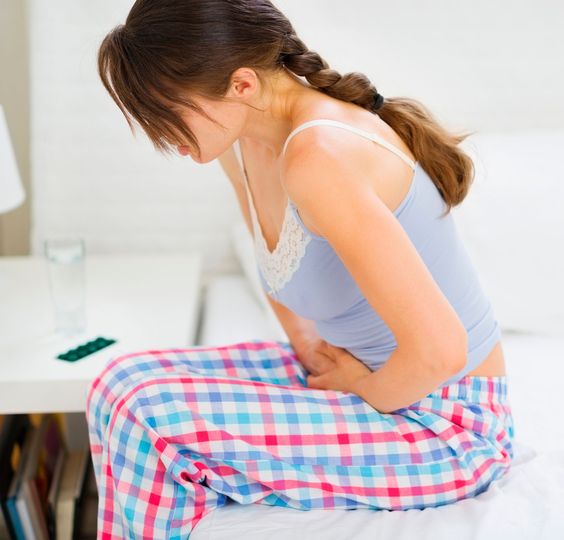When do PMS symptoms require medical attention?
Recognizing when PMS Symptoms Require Medical Attention and How to Find the Right Healthcare Provider - Are you tired of battling the physical and emotional rollercoaster that comes with PMS each month? Look no further! Join us in exploring effective strategies to manage and conquer those troublesome premenstrual symptoms with the expertise of Dr. Casey-ann Collins, DNP, FNP-BC.

Premenstrual syndrome is a common experience for many women, occurring after ovulation and before the start of their menstrual period. As estrogen and progesterone levels dip dramatically when pregnancy doesn't occur, it can lead to bloating, headaches, mood swings, and more. For some, these symptoms can be so severe that they interfere with daily life, affecting activities and even social interactions with loved ones. Dr. Casey-ann Collins is here to guide you through understanding the hormonal changes associated with PMS, which can sometimes create a feeling of being "blue" and lacking motivation. If you find yourself dealing with severe PMS symptoms, it may be a sign of Premenstrual Dysphoric Disorder (PMDD).
Premenstrual syndrome (PMS) is a combination of physical and emotional symptoms that many women get after ovulation and before the start of their menstrual period. PMS happens in the days after ovulation because estrogen and progesterone levels begin falling dramatically if you are not pregnant.
PMS symptoms go away within a few days after a woman’s period starts as hormone levels begin rising again. These premenstrual symptoms include bloating, headaches, moodiness and for some women these symptoms may be so severe that it interferes with daily life. Moreover, the hormonal change associated with PMS can create a state of feeling “blue” and a lack of motivation to do normal activities, engage in social interactions and outings with loved ones.
Severe PMS symptoms may be a sign of premenstrual dysphoric disorder, PMDD.
According to the Journal of Women’s health (2011), on average, women in their 30s are most likely to have PMS.
Ways to manage PMS:
• Get regular aerobic physical activity throughout the month. Exercise can help with symptoms such as depression, difficulty concentrating, and fatigue.
• Choose healthy foods most of the time. Avoiding foods and drinks with caffeine, salt, and sugar in the two weeks before your period may lessen many PMS symptoms.
• Get enough sleep. Try to get about eight hours of sleep each night. Lack of sleep is linked to depression and anxiety and can make PMS symptoms such as moodiness worse
• Find healthy ways to cope with stress. Talk to your friend, see a therapist
• Vitamins and Minerals: Calcium, B6, omega-3, and magnesium have been proven in research to reduce PMS symptoms
• Diuretics (“water pills”) may reduce symptoms of bloating and breast tenderness.
• Primrose Oil: The oil is taken from the plant’s seeds and put into capsules. Some women report that the pill helps relieve PMS symptoms, but the research results are mixed.
• Hormonal birth control, for example, Seasonique can be beneficial as it had a Prozac effect that help to alleviate PMS symptoms and balance hormones
• Antidepressants & Anti-anxiety medication: These medications can be beneficial for PMS & PMDD, please contact us for more information.
































